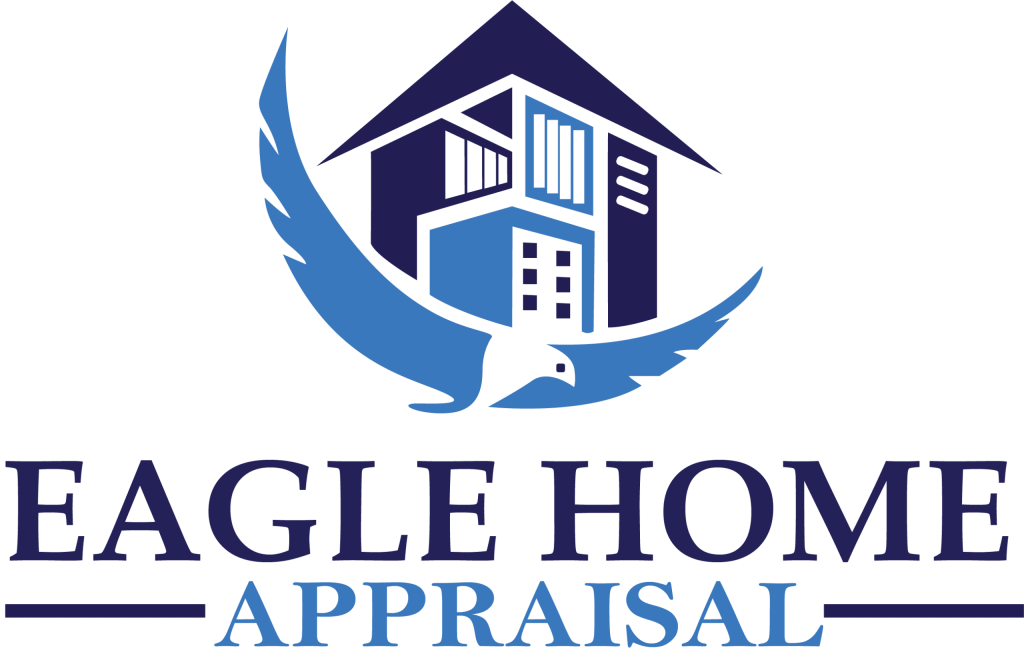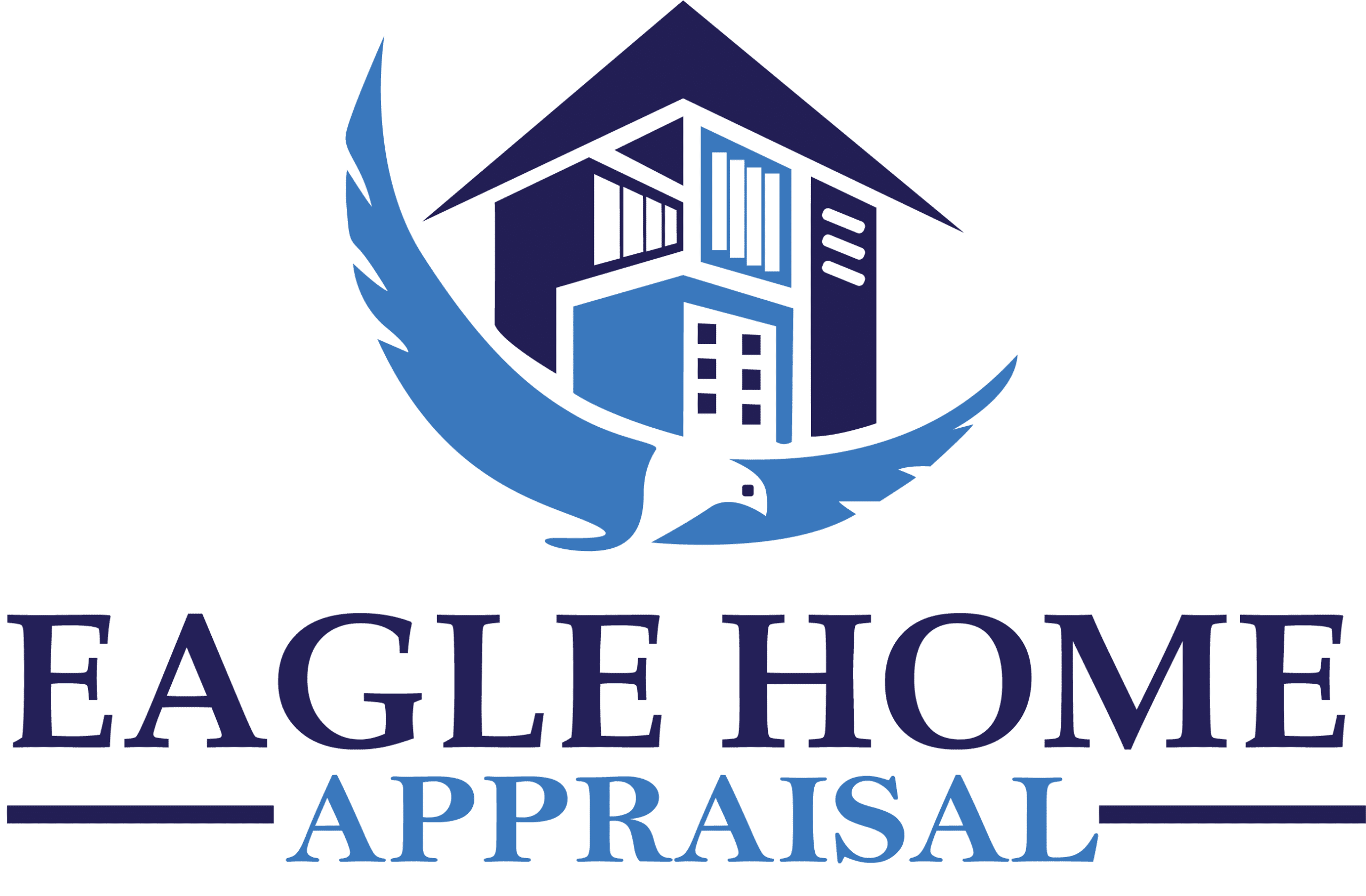Understanding the Three Main Home Appraisal Methods
 Home appraisal is essential when it comes to determining a property’s value—it’s not just about curb appeal or neighborhood buzz; it’s about data, methodology, and consistency. Home appraisals are a critical part of buying, selling, refinancing, or investing in real estate. But how exactly does an appraiser come up with a number that represents your home’s value?
Home appraisal is essential when it comes to determining a property’s value—it’s not just about curb appeal or neighborhood buzz; it’s about data, methodology, and consistency. Home appraisals are a critical part of buying, selling, refinancing, or investing in real estate. But how exactly does an appraiser come up with a number that represents your home’s value?
The answer lies in three established approaches: the sales comparison approach, the cost approach, and the income approach. Each method offers a different lens through which a property is evaluated, depending on its type, use, and the availability of market data.
Understanding these valuation methods can help you better prepare for an appraisal, support your pricing decisions, and make informed financial moves. Let’s break down each one and explore when and why it’s used.
1. The Sales Comparison Approach
Best for: Single-family homes and condos in active markets
This is the most common and widely recognized method for valuing residential properties. The sales comparison approach works by comparing the subject property (the home being appraised) to recently sold homes that are similar in style, size, and location—referred to as “comps” or comparables.
Key Factors Appraisers Consider:
- Location and neighborhood trends
- Square footage of the living space
- Lot size
- Number of bedrooms and bathrooms
- Age and condition of the property
- Renovations or upgrades (like kitchens or bathrooms)
- Unique features (such as pools, garages, fireplaces, or mountain views)
Once comps are selected, the appraiser will make adjustments to account for differences. For example, if a comp has a renovated kitchen and the subject home does not, a deduction might be applied to the comp’s sale price. Likewise, if the subject home has a larger lot than the comps, a positive adjustment may be made.
When This Method is Used:
- Typical residential sales
- Refinancing of homes in developed neighborhoods
- Any transaction involving standard properties with multiple recent, nearby sales
Why It Works:
It reflects what buyers are currently paying for similar properties in your area. When active sales data is available, this approach delivers a clear, market-driven snapshot of value.
2. The Cost Approach
Best for: New construction, custom homes, or homes with few comps
The cost approach is a bit more analytical and is based on what it would cost to rebuild the property from scratch today, minus depreciation, plus the current value of the land. This method is especially useful when the property is unique, newly constructed, or located in an area without many comparable recent sales.
The Formula:
(Cost to Rebuild – Depreciation) + Land Value = Appraised Value
What Goes Into It:
- Replacement cost: The current cost of labor and materials needed to rebuild the home with similar quality
- Depreciation: The decrease in value over time due to age, wear and tear, or functional obsolescence
- Land value: Determined using local land sales or zoning valuations
When This Method is Used:
- New builds or recent construction
- Custom-designed homes with few comparable sales
- Homes in remote or rural areas
- Insurance evaluations
- Unique or historical properties where market comps aren’t reliable
Why It’s Useful:
This method offers a logical fallback when there isn’t enough market data. It ensures that the appraised value reflects what it would reasonably cost to recreate the home today, taking into account any aging or deterioration.
3. The Income Approach
Best for: Rental properties and investment real estate
The income approach focuses on the profitability of a property. It estimates how much income a property generates or could generate, and then applies a capitalization rate (cap rate) to determine the value.
The Formula (Simplified):
Net Operating Income (NOI) ÷ Cap Rate = Property Value
Key Components:
- Gross rental income
- Operating expenses (maintenance, property taxes, insurance, utilities, etc.)
- Net Operating Income (NOI): Income after expenses
- Cap Rate: A percentage that reflects the expected rate of return in the local market
When This Method is Used:
- Multi-family residential buildings
- Apartment complexes
- Single-family homes used as rentals
- Commercial buildings and mixed-use developments
Why It Matters to Investors:
This approach helps buyers and lenders evaluate whether the investment makes financial sense. A higher NOI or a favorable cap rate typically leads to a higher appraised value.
Which Appraisal Method Will Be Used on Your Property?
There’s no one-size-fits-all method when it comes to home valuation. Appraisers choose the most appropriate approach—or combine multiple methods—based on the type of property, the available data, and the purpose of the appraisal.
Here’s a quick guide:
|
Property Type or Scenario |
Likely Method Used |
|
Standard single-family home |
Sales Comparison Approach |
|
New or custom-built home |
Cost Approach |
|
Rental property or duplex |
Income Approach |
|
Unique rural property |
Cost or Sales Comparison |
|
Commercial or multi-unit |
Income Approach (and possibly others) |
Appraisers may also use more than one method and reconcile the values to produce a final estimate, especially for complex properties or high-value real estate.
Why Understanding Appraisal Methods Matters
Being familiar with how appraisers determine value puts you in a better position to prepare, negotiate, and maximize your property’s potential. Here’s how:
- Selling your home?
Know what improvements add value in the eyes of an appraiser. Focus on upgrades that will stand out in a sales comparison approach—like updated kitchens, bathrooms, and curb appeal. - Refinancing?
A higher appraised value can help you secure better loan terms. Understanding whether the appraiser will use cost or sales data helps you plan strategically—especially if recent renovations are a factor. - Buying or investing?
If you’re acquiring a rental property, you’ll want to examine the NOI and compare it to other income properties in the area. This ensures you’re paying a fair price for future returns.
Final Thoughts
Whether you’re navigating a sale, a refinance, or an investment opportunity, having a clear understanding of the three primary appraisal methods—the sales comparison approach, cost approach, and income approach—gives you the insight needed to move forward with confidence.
Each method serves a different purpose and provides a unique lens on your home’s value. By knowing which one is likely to be used and how appraisers calculate value, you can better prepare your home and align your expectations with the market.
Need a Trustworthy Appraisal in Arizona?
At Eagle Home Appraisal in Gilbert, our licensed professionals bring expertise and integrity to every property evaluation. Whether you’re a homeowner, investor, or real estate agent, we tailor our approach to your specific situation using all three methods where appropriate, ensuring reliable, unbiased results.
Divorce Appraisals
At Eagle Home Appraisal Gilbert, we specialize in providing expert divorce appraiser services, offering expert witness testimony when necessary.
Estate & Trust Appraisals
At Eagle Home Appraisal Gilbert, we offer a comprehensive range of professional estate appraisal services to facilitate estate and trust planning.
IRS & Tax Appraisals
At Eagle Home Appraisal Gilbert, we specialize in providing professional IRS tax appraisal services to minimize capital gains on inherited property.
Real Estate Appraisal
Eagle Home Appraisal is a group of independent fee appraisers committed to delivering competent, credible, and reliable appraisal reports.
Eagle Home Appraisal Services Near Me
Comprehensive Property Appraisals
Expert Witness Testimony
Fair Market Value Assessments
Rapid Turnaround Times
Customized Solutions
Contact Eagle Home Appraisal Today
For more information about our services, get in touch with Eagle Home Appraisal. Our team is dedicated to providing the best customer service, ensuring all your appraisal needs are met with professionalism and expertise. Contact us today to learn more about how we can assist you.
Get A Free Consultation

copyright @2025 all rights reserved | Privacy-policy





